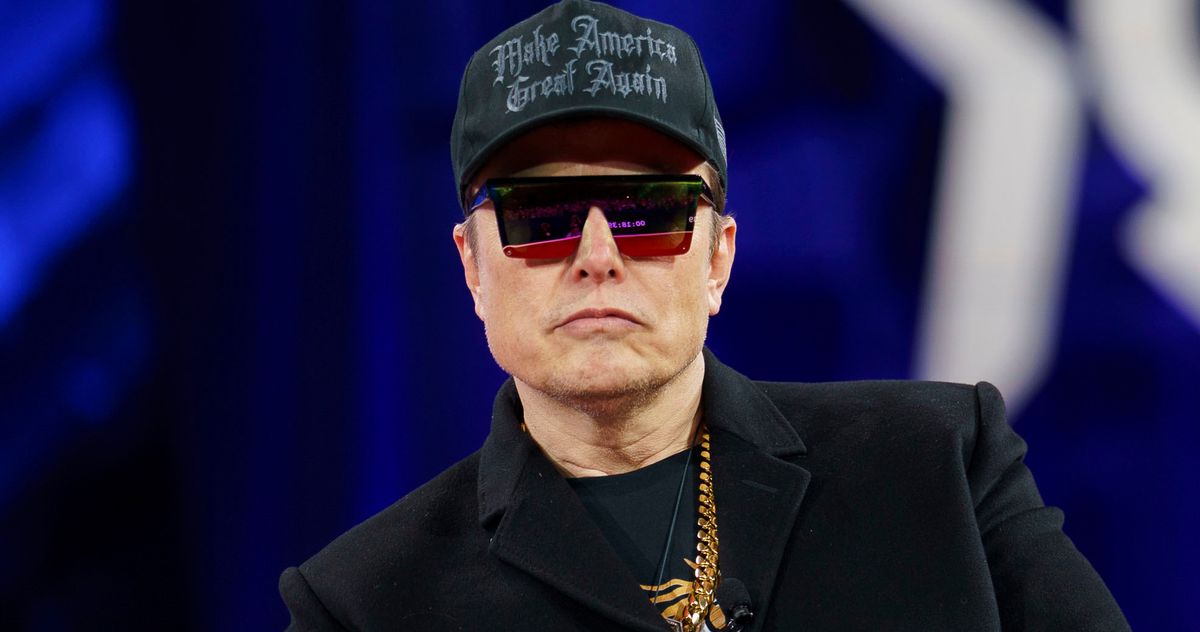The Impact Of Russia's Invasion: An Analysis Of The Changing Ukraine-U.S. Political Ties

Table of Contents
Ukraine-U.S. Ties Forged in Fire: How Russia's Invasion Reshaped a Relationship
KYIV/WASHINGTON D.C. – Russia's full-scale invasion of Ukraine in February 2022 didn't just redraw the map of Eastern Europe; it profoundly reshaped the already strong political ties between Ukraine and the United States. The war, now entering its second year, has accelerated a process of strategic alignment that was already underway, creating a partnership defined by unprecedented levels of military, economic, and political cooperation.
The invasion immediately triggered a massive outpouring of U.S. support for Ukraine. This wasn't simply humanitarian aid; it represented a strategic recalibration of American foreign policy, prioritizing the defense of a sovereign nation against an aggressive Russia. The Biden administration, initially criticized by some for a perceived lack of decisiveness in the face of escalating tensions, swiftly shifted gears. The scale of the response—military aid exceeding $75 billion as of late 2023, encompassing advanced weaponry like HIMARS and Patriot missile systems, along with extensive financial and humanitarian assistance—is unparalleled in recent history for a non-NATO ally. This commitment reflects a recognition that Ukraine's fate is inextricably linked to broader global security interests, particularly in containing Russian expansionism.
The relationship has moved beyond simple transactional aid. The U.S. has played a crucial role in coordinating international efforts to support Ukraine, leveraging its diplomatic influence within NATO and the G7 to secure sanctions against Russia and rally international condemnation of its actions. The resulting sanctions, though not without economic consequences for the West, have significantly crippled the Russian economy, hindering its ability to wage war effectively. However, the efficacy of these sanctions remains a subject of ongoing debate, with some experts arguing for more comprehensive measures to further restrict Russia’s access to global markets and technology.
Beyond military and economic assistance, the U.S. has provided crucial intelligence sharing and training to Ukrainian forces, bolstering their combat capabilities and contributing significantly to battlefield successes against the invading army. This intelligence cooperation, operating at an unprecedented level of transparency and trust, has transformed the information landscape of the conflict, granting Ukraine a crucial edge against the better-equipped, but strategically outmatched, Russian forces.
However, the intensified partnership isn't without its challenges. Concerns remain about the potential for the conflict to escalate into a direct confrontation between NATO and Russia, a scenario that both sides are keen to avoid. Furthermore, differing perspectives on the appropriate level and duration of U.S. involvement continue to emerge in Washington, with debates ongoing about long-term strategic commitments and the potential economic and political costs of prolonged engagement. Balancing the urgent need for supporting Ukraine against the imperative of avoiding wider conflict remains a delicate balancing act for the U.S. government.
The future of the Ukraine-U.S. relationship will depend on the trajectory of the war itself. A negotiated settlement, however unlikely it appears currently, would necessitate a reassessment of strategic priorities. A prolonged conflict, however, could see the partnership deepening further, cementing a strategic alignment that transcends the immediate crisis. Regardless of the outcome, the invasion has irrevocably transformed the political landscape, forging a bond between Ukraine and the U.S. forged in the crucible of war, a relationship that will continue to shape global geopolitics for years to come. The current level of cooperation, unprecedented in its scale and intensity, marks a significant turning point in the history of both nations.

Featured Posts
-
 The Lockerbie Memorial A Mothers Artistic Response To Unthinkable Loss
Feb 25, 2025
The Lockerbie Memorial A Mothers Artistic Response To Unthinkable Loss
Feb 25, 2025 -
 Macron And Trumps Meeting Live Updates And Analysis Of European Relations
Feb 25, 2025
Macron And Trumps Meeting Live Updates And Analysis Of European Relations
Feb 25, 2025 -
 Lockerbie Tragedy A Powerful Art Installation Honors The Fallen And Their Mothers
Feb 25, 2025
Lockerbie Tragedy A Powerful Art Installation Honors The Fallen And Their Mothers
Feb 25, 2025 -
 Government Shutdown Averted Congress Grapples With Tax Cuts Potential Layoffs
Feb 25, 2025
Government Shutdown Averted Congress Grapples With Tax Cuts Potential Layoffs
Feb 25, 2025 -
 A Look Back Mikey Madisons Road To A Possible Oscar Nomination
Feb 25, 2025
A Look Back Mikey Madisons Road To A Possible Oscar Nomination
Feb 25, 2025
Latest Posts
-
 Trump Vs The Establishment An Analysis Of His Impact
Feb 25, 2025
Trump Vs The Establishment An Analysis Of His Impact
Feb 25, 2025 -
 Court Case Female Allies Offer Support To Luigi Mangione
Feb 25, 2025
Court Case Female Allies Offer Support To Luigi Mangione
Feb 25, 2025 -
 Mikey Madisons Oscar Nomination Bid A Retrospective
Feb 25, 2025
Mikey Madisons Oscar Nomination Bid A Retrospective
Feb 25, 2025 -
 Elon Musks Challenge Explaining Federal Employee Work To The Ceo
Feb 25, 2025
Elon Musks Challenge Explaining Federal Employee Work To The Ceo
Feb 25, 2025 -
 Germany Votes Conservatives Triumph Amidst Rise Of Far Right
Feb 25, 2025
Germany Votes Conservatives Triumph Amidst Rise Of Far Right
Feb 25, 2025
